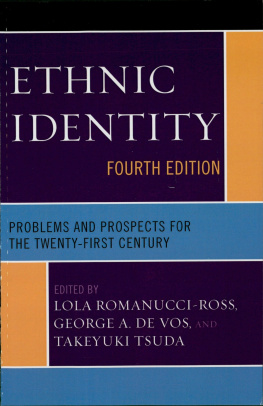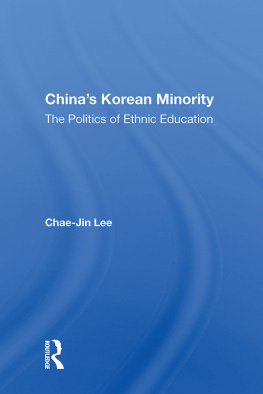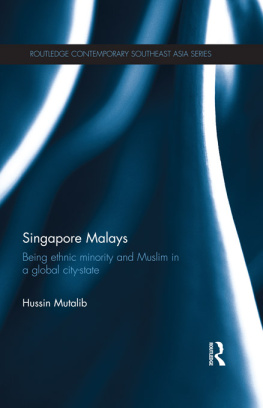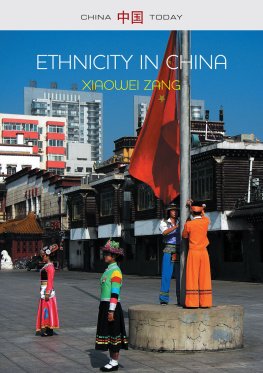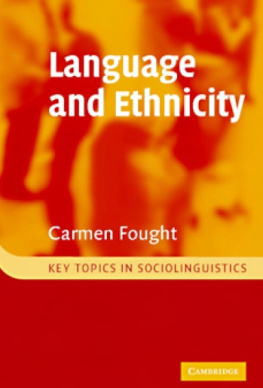The purpose of this book is to examine modes of ethnic minority production, representation and consumption on the World Wide Web. It is a latitudinal study which provides an empirical snapshot of cyberspace in the late 1990s, a time when it was contended that the Internet was almost monolithically white and male. It attempts to do this by isolating the Web from the Internet as a whole, and studying its use in grounded contexts, such as in domestic and educational environments, so that the virtual realm is considered against the backdrop of relationships of power in everyday life. These aims of the research are investigated both theoretically and empirically.
Theoretically, the book effectively takes a media studies approach to the subject of representation. That is, the wealth of literature on the representation of race and ethnicity in film, television and popular culture is reviewed and used as a framework for examining the articulation of ethnic difference on the Web, as well as conceptualising the Web as a form of broadcast media and technology of representation. Specifically, it focuses on representations in or within cyberspace, as opposed to representations of cyberspace.
However, it is also envisaged that the process of looking at a newer technology like the Web challenges the way we think about old ones such as the broadcast media. To this end, the book takes a broader interdisciplinary approach: given the book is about how racial difference is portrayed, it also draws from cultural studies research (in ): as all the research subjects are women, it examines their engagement with computers, a technology in which they have been historically under-represented, both as producers and now to a lesser extent, consumers.
Empirically, the study aims to capitalise on my experiences in a larger research project which involved 14 ethnic minority women on a foundation course in new technology. These students, along with myself, became the research subjects in this study by looking at how ethnicity was articulated on the Web compared with other cultural forms. The research explores the findings of the 15 research subjects (including myself) searches for Web sites and pages which depict their ethnicities. In doing so, it endeavours to highlight the strategic differences between self-constructed and objectified representations of ethnicity; and the genres of Web texts where such depictions can be found. In addition, the objective is also to identify who within these ethnic minority communities, is undertaking the task of online representation and on behalf of whom.
It is through its empirical dimension that this study strives to innovate methodologies for studying the Web whilst remaining interdisciplinary. In the process, it will investigate issues in researching and using this medium in both private and educational settings.
This chapter is where it all begins. It seeks, firstly, to describe the background to the research. Secondly, it attempts to define the technology with which the book is concerned, the World Wide Web, distinguishing it from the Internet as a whole. Thirdly, it outlines the subsequent chapters, sketching out the narrative of the book. The chapter summaries also define the terms and discuss the theoretical and methodological traditions employed in the research. Finally, the chapter concludes with a rationale for the research.
Background to Research
This book was born out of a wider research project on which I worked for two years and within which I was able to carve a space to further pursue and integrate my personal interests in information technology and questions of ethnicity. As Miller (1993: p.46) says, the personal legitimacy of a piece of research to the researcher is as important as the formal sanction it is given by an academic establishment. But personal interest also had to be balanced with pragmatism: as Ackers (1993: p.214) argues, access to the field is crucial in research. Therefore, this book could be considered the product of opportunistic research (Hammersley and Atkinson 1995: p.36) in that it was conducted in parallel with my work as a Tutor/Researcher on a project funded by a British Telecom University Development Award.
When I joined the Department of Innovation Studies at the University of East London in September of 1996, my main involvement was in Project @Thene, a pilot initiative examining the use of information and communication technologies in distance education. One of the projects aims was to develop a foundation course in new technology, known as @Thene Year Zero. The course was to be for women from ethnic minority backgrounds and delivered by computer-supported distance learning. The existence of this course was justified through the universitys acknowledgement that women, particularly those from ethnic minorities, are disadvantaged in terms of their access to information technology. Given my own background and identity as a woman from an ethnic minority, this was the aspect of @Thene which had the most personal resonance for me and was one of the motivations for working on the project. Therefore, it seemed more than appropriate to distil my research from the project by examining aspects of the relationship between ethnicity and technology.
The students on the @Thene Year Zero presented a ready-made group of 14 research subjects who, like myself, were women from ethnic backgrounds and had experienced marginalisation because of their respective ethnicities. It provided a common basis for comparison although the experiences, as expected, were incredibly diverse. My gender and ethnicity led me, at least, to have a close professional proximity to the group of women on the @Thene Year Zero: like many feminist strategies for technology (Faulkner 1996), the course sought to provide a learning environment where ethnic minority womens technical competence was increased through being taught by other women from ethnic minorities, such as myself.


